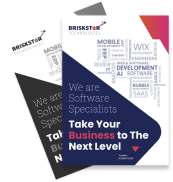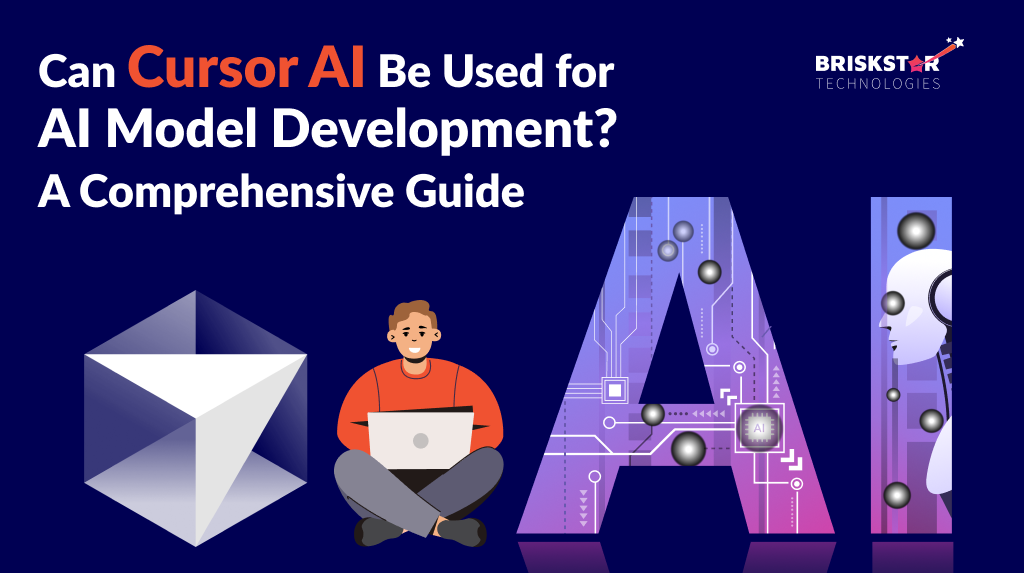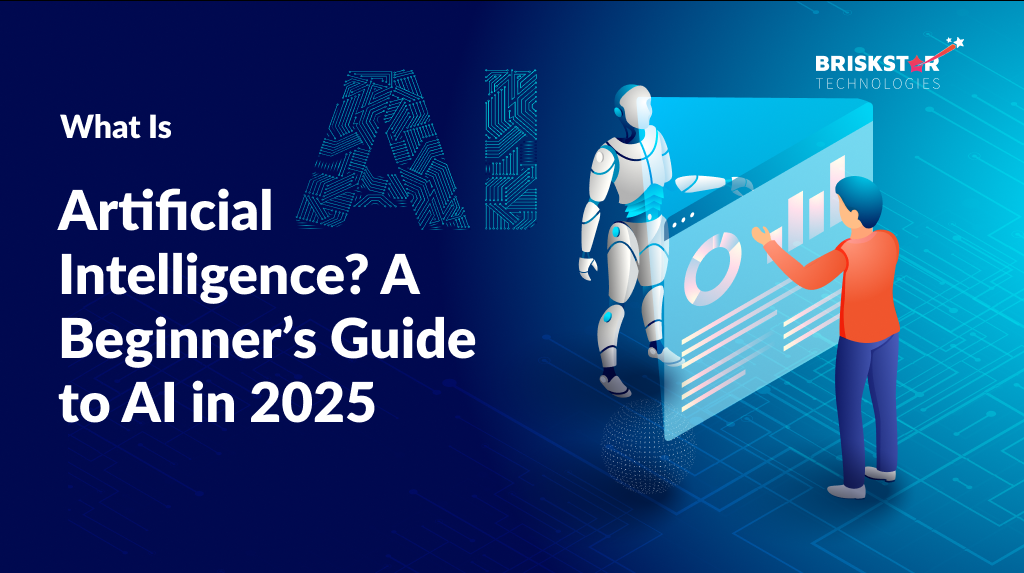The AI Revolution: Will Your Job Be Taken Over by AI?
Artificial Intelligence (AI) has made remarkable advancements in recent years, revolutionizing various industries and transforming the way we work. As AI technologies continue to evolve and become more sophisticated, concerns about job security have emerged. Many wonders if AI will eventually take over their jobs, rendering them obsolete. In this blog, we will delve into the potential impact of AI on the workforce and explore whether your job is at risk of being replaced by AI.
Understanding AI and Automation
Before diving into the impact of AI on jobs, it’s essential to understand what AI entails. AI refers to the development of intelligent machines that can perform tasks typically requiring human intelligence. This includes activities such as data analysis, problem-solving, pattern recognition, and even decision-making. Automation, on the other hand, involves the use of technology to automate repetitive tasks, often replacing manual labour.
The Impact on Jobs: Displacement vs. Transformation
When considering the impact of AI on jobs, it’s important to differentiate between job displacement and job transformation. While AI and automation may replace certain job functions, they can also create new opportunities and transform existing roles. Historically, technological advancements have led to job displacement in some areas but have also sparked the creation of new jobs in other domains.
Jobs at Risk: Routine and Repetitive Tasks
AI and automation are particularly adept at performing routine and repetitive tasks. Jobs that involve predictable patterns, rule-based decision-making, and manual labour are more susceptible to automation. This includes roles in manufacturing, data entry, customer service, and transportation. As AI continues to advance, these jobs may face a higher risk of being automated.
Jobs Resistant to Automation: Human Interaction and Creativity
On the other hand, jobs that require complex human interaction, creativity, emotional intelligence, and critical thinking are less likely to be fully automated. Professions like healthcare, education, research, innovation, arts, and entrepreneurship heavily rely on human skills that are challenging to replicate with AI. These roles often involve empathy, intuition, adaptability, and strategic decision-making, which remain integral to human capabilities.
Adapting and Embracing Change
Rather than fearing job displacement, individuals can proactively adapt to the changing landscape and embrace the opportunities that AI brings. Here are a few strategies to consider:
- Upskilling and Reskilling: Invest in developing skills that are complementary to AI technologies. Focus on areas that require human expertise, such as creativity, problem-solving, complex reasoning, and emotional intelligence.
- Lifelong Learning: Embrace a lifelong learning mindset to stay updated with the latest advancements. Continuously seek opportunities to acquire new knowledge and acquire skills that are in-demand.
- Collaboration with AI: Instead of viewing AI as a threat, explore ways to collaborate with AI technologies. Understand how AI can enhance your job performance, automate repetitive tasks, and amplify your capabilities.
- Job Reinvention: Adapt and reinvent your role to align with emerging trends. Identify areas where human skills are most valuable and find ways to integrate AI technologies to augment your productivity and efficiency.
The Future of Work: Human-Machine Collaboration
While AI and automation will continue to reshape the job landscape, the future of work is likely to involve human-machine collaboration. AI technologies can augment human capabilities, improve productivity, and enable individuals to focus on higher-level tasks that require creativity, problem-solving, and critical thinking.
Conclusion
The rise of AI undoubtedly brings changes to the job market, but it’s important to approach these transformations with a balanced perspective. While certain job functions may be automated.
Tags :
AIandJobs
AIimpact
AIRevolution
ArtificialIntelligence
AutomationImpact
FutureOfWork
JobSecurityInAIEra
![circle-shapes]()












